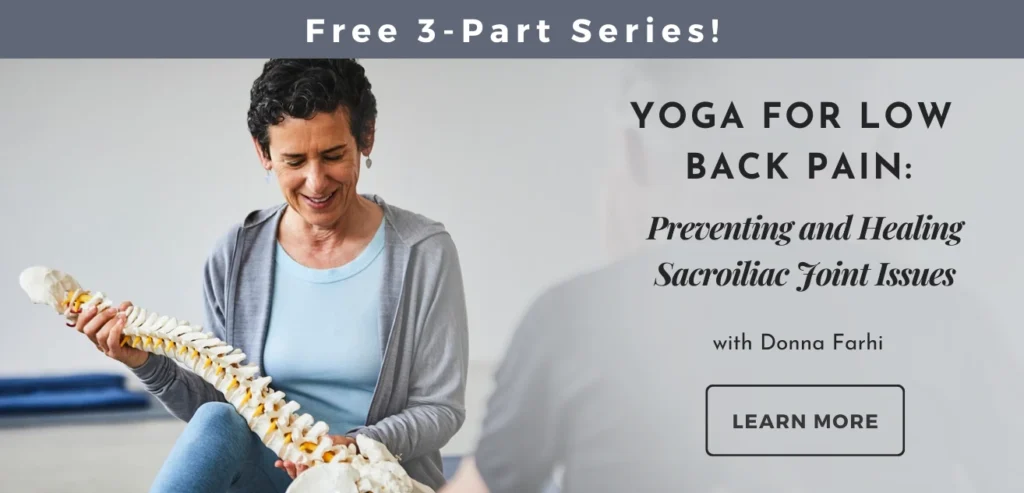Bacteria and Your Brain: Step Up Your Oral Hygiene

We’ve spent billions of dollars on hundreds of Alzheimer’s studies with nothing to show for it. That’s because we were headed in the wrong direction.
Now, we know that the brain is bi-directional with the rest of the body and that things like sleep, diet, our social lives, our microbiome, and so much more are related to the onset, severity, and even reversal of neurodegenerative diseases.
Oral bacteria is one of those things that we have discovered that may impact Alzheimer’s, specifically Porphyromonas gingivalis, the bacteria present in the most serious form of gum disease. Researchers found this bacteria can travel from the mouth to the brain, creating toxins called gingipains that cause damage to human proteins and destroy brain cells and nerves, and is more common in the brains of people with Alzheimer’s than those without. (1)
Porphyromonas gingivalis is actually present in many people but, like other types of bacteria, it becomes a problem when it overgrows. This is how periodontitis happens, with inflamed, eroding, bleeding gums, and just chewing can spread it into the bloodstream.
But here is the good news—good oral hygiene can help. (2) Simply brushing and flossing regularly and keeping up with dentist appointments can have major implications for your brain. If you have a genetic predisposition to Alzheimer’s you’re going to want to be extra savvy about your dental health. The same goes for those with rheumatoid arthritis, since Porphyromonas gingivalis may also play a role in the progression of that disease as well. (3)
Bacteria and Chronic Disease
And this is just one type of bacteria! There are thousands upon thousands of species present in the human body, impacting all areas of it. For example, gut bacteria can influence neurotransmitter activity and neurodegenerative diseases like Alzheimer’s and Parkinson’s. (4)
It’s clear we have a lot to learn about the role of bacteria in chronic disease, but that also opens up the door for many exciting new modalities for preventing and healing those same diseases.
I always want people to feel empowered, not overwhelmed when it comes to the future of their health. I hope this information helps you take positive action by starting with your dental health, today.
Also, read...
Vagus Nerve Activity Can Impact Cancer Prognosis, Research Shows
4 Yogic Tips to Make your New Year’s Resolutions Stick
Yoga for Mindful Eating: 12 Tips for Practicing Presence While You Eat
Related courses
Yoga for Back Care and Spinal Mobility: A 4-Week Practice Series
The Psoas Connection: Core Stability for Movement, Breath & Digestion
Optimizing Your Breath: Yogic Breath for Cellular Vitality

Dr. Mark Hyman is leading a health revolution—one revolved around using food as medicine to support longevity, energy, mental clarity, happiness, and so much more. Dr. Hyman is a practicing family physician and an internationally recognized leader, speaker, educator, and advocate in the field of Functional Medicine. He is the founder and director of The UltraWellness Center, the Head of Strategy and Innovation of the Cleveland Clinic Center for Functional Medicine, a twelve-time New York Times bestselling author, and Board President for Clinical Affairs for The Institute for Functional Medicine. He is the host of one of the leading health podcasts, The Doctor’s Farmacy. Dr. Hyman is a regular medical contributor on several television shows and networks, including CBS This Morning, Today, Good Morning America, The View, and CNN. He is also an advisor and guest co-host on The Dr. Oz Show. We’ve spent billions of dollars on hundreds of Alzheimer’s studies with nothing to show for it. That’s because we were headed in the wrong direction.
- Experimental Biology. (2019, April 7). Gum bacteria implicated in Alzheimer’s and other diseases: Scientists trace path of bacterial toxins from the mouth to the brain and other tissues. ScienceDaily. Retrieved January 8, 2020, from www.sciencedaily.com/releases/2019/04/190407144231.htm
- The University of Bergen. (2019, June 3). Brush your teeth — postpone Alzheimer’s. ScienceDaily. Retrieved January 8, 2020 from www.sciencedaily.com/releases/2019/06/190603102549.htm
- Scher, J. U., & Abramson, S. B. (2013). Periodontal disease, Porphyromonas gingivalis, and rheumatoid arthritis: what triggers autoimmunity and clinical disease?. Arthritis research & therapy, 15(5), 122. doi:10.1186/ar4360
- Dehhaghi, M., Kazemi Shariat Panahi, H., & Guillemin, G. J. (2018). Microorganisms’ Footprint in Neurodegenerative Diseases. Frontiers in cellular neuroscience, 12, 466. doi:10.3389/fncel.2018.00466



